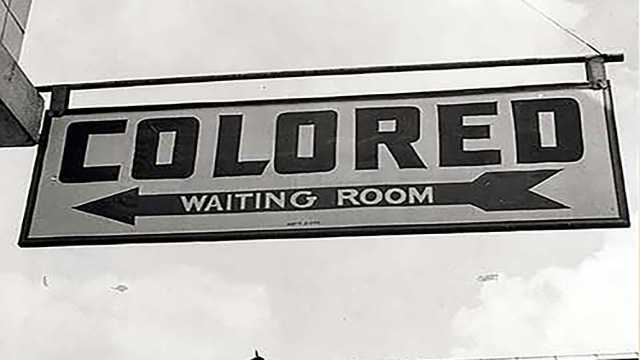DECEMBER 30, 2020 – One of the books I’ve been reading lately is The Warmth of Other Suns – The Epic Story of America’s Great Migration by Isabel Wilkerson. The bookmark is approaching the index, and I will miss this book—and its characters—after I’ve finished.
The title was lifted from a poem by American writer, Richard Wright (1908 – 1960) and refers to striving for something better, something different, as in greener pastures or . . . the warmth of other suns. It’s an apt choice for a work about African Americans in the Jim Crow South searching for something better. They were our internal immigrants, who left their homeland for freedom from the overtly repressive discrimination they faced in the decades following the failure of Reconstruction.
Wilkerson traces the lives of three very different people: Ida Mae Brandon Gladney from Chickasaw, Mississippi – a dirt-poor refugee from share-cropping, who, as a young woman, migrated in 1937 to Chicago, where she spent the rest of her long life; George Swanson Starling from Eustis, Florida – a man who showed academic promise but was forced to quit his dreams after a year of college and work in the orange groves of central Florida before he “escaped” to New York City in 1945, where he took a job as a porter on trains running between New York and the Deep South; and Robert Joseph Pershing Foster, son of a principal and teacher at an “all-colored” school in Monroe, Louisiana, and who became an army doctor stationed in post-war Europe, then a highly successful surgeon living in Los Angeles.
As you visit the three main characters through various stages of their lives you learn much about our country, which leaves you wanting to learn much more. You become intimately familiar with how it was—and how in many ways it still is—to be Black in a white country. You become angered by how whites treated—and still treat—Blacks, not so much by a lynching here and mob rule there, but by systemic injustice and discrimination.
And you shake your head in despair over the waste of human capital resulting from inhumanity.
I now have a better sense of “white privilege,” however inadequate that term might be. For many whites, the notion they are somehow “privileged” doesn’t sit well. They struggle in a dog-eat-dog, and enjoy no special advantage over all the other people—white, Black, or brown—with whom they must compete. They hardly feel “privileged.”
In the context of racial discrimination, however, “white privilege” means something far more basic than controlling vast financial resources and having exclusive access to various sorts of rare advantage. “White privilege” means that however many people crowded the racetrack of your white forebears, the latter were allowed to compete because of their skin color, not in spite of it–or in most instances, not allowed to compete. Therein lies a central reality of our nation’s history. We’ve made substantial progress since the decision in Brown v. Board of Education, but we have miles to go before we become the “Promised Land.”
(Remember to subscribe to this blog and receive notifications of new posts by email.)
© 2020 by Eric Nilsson
